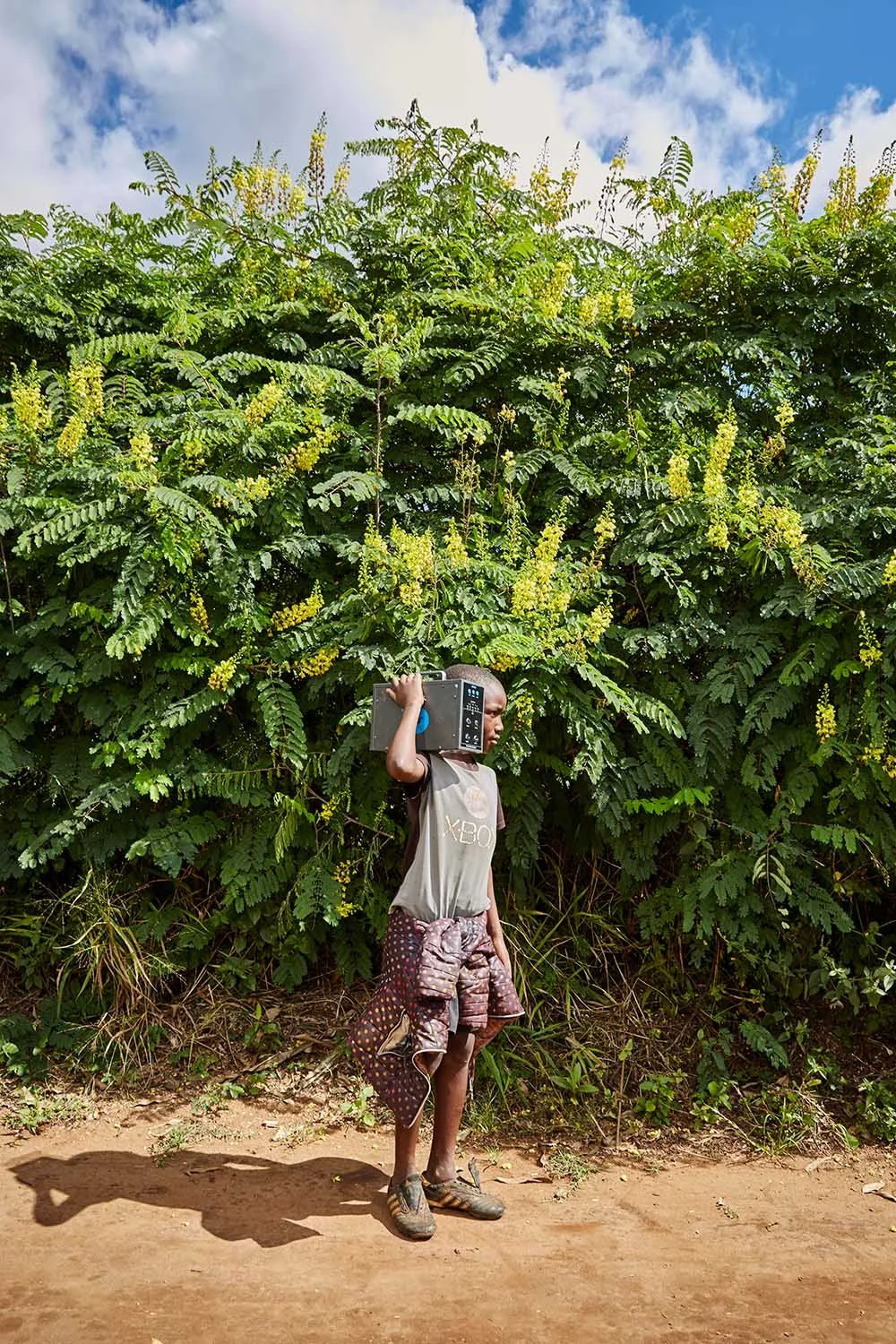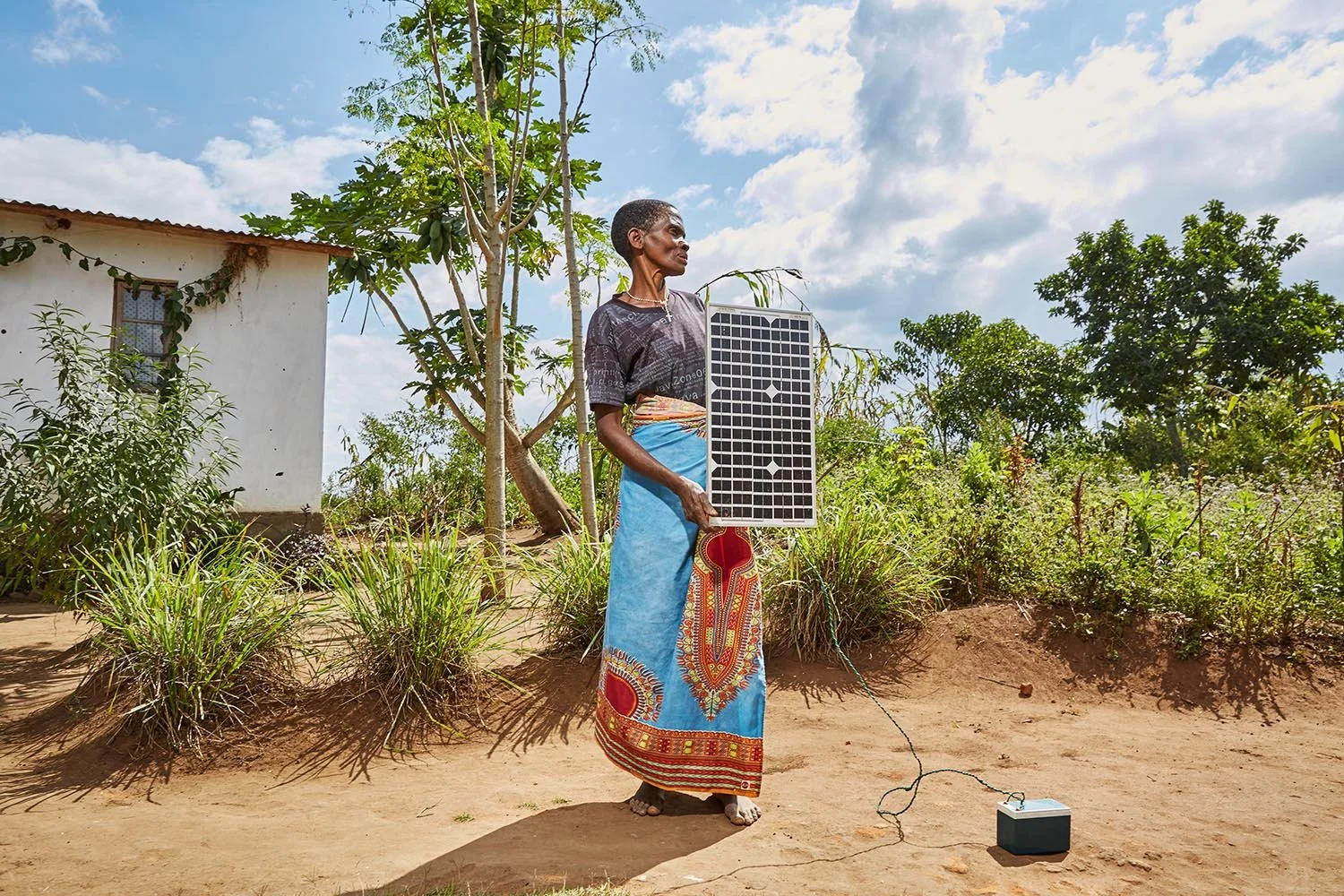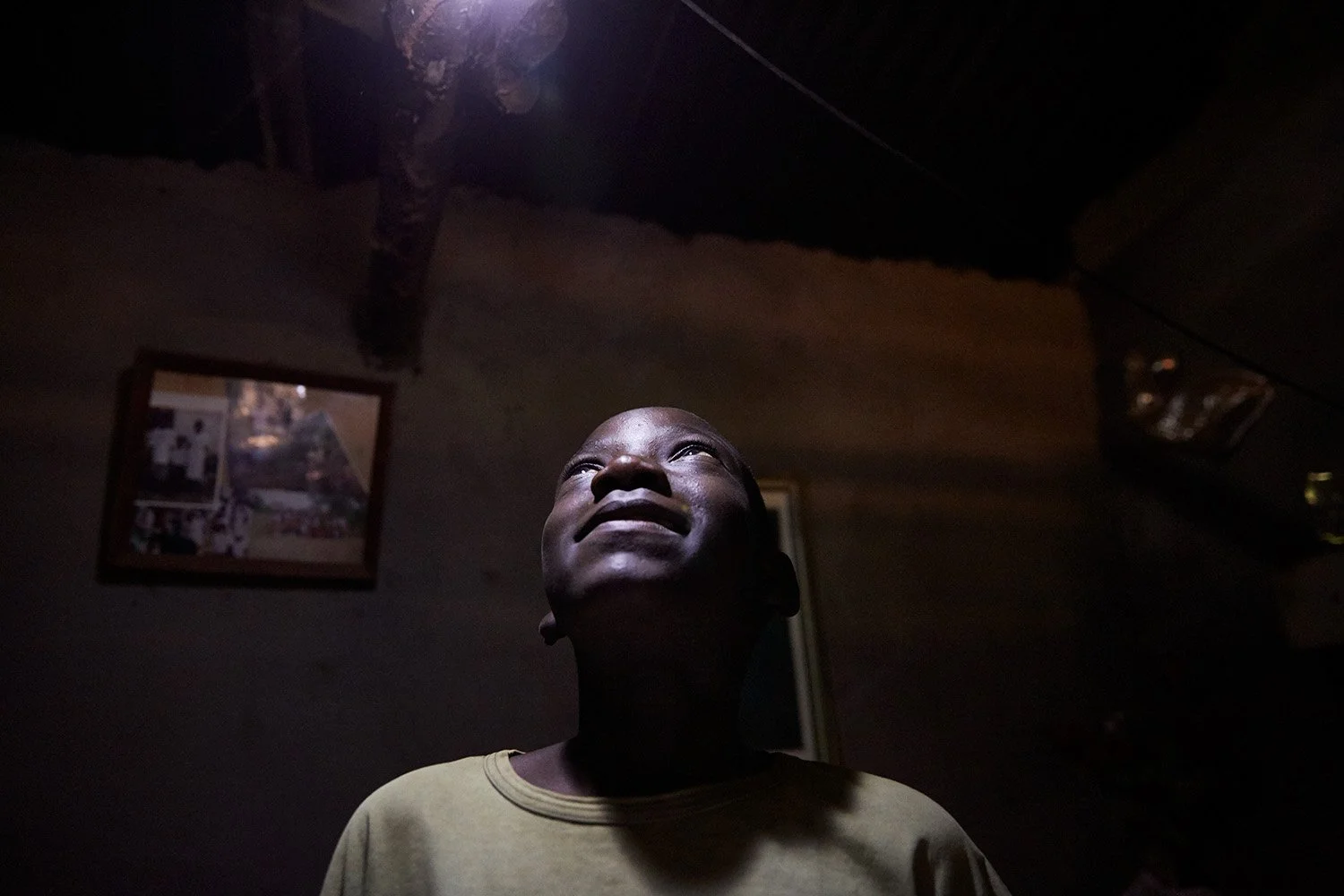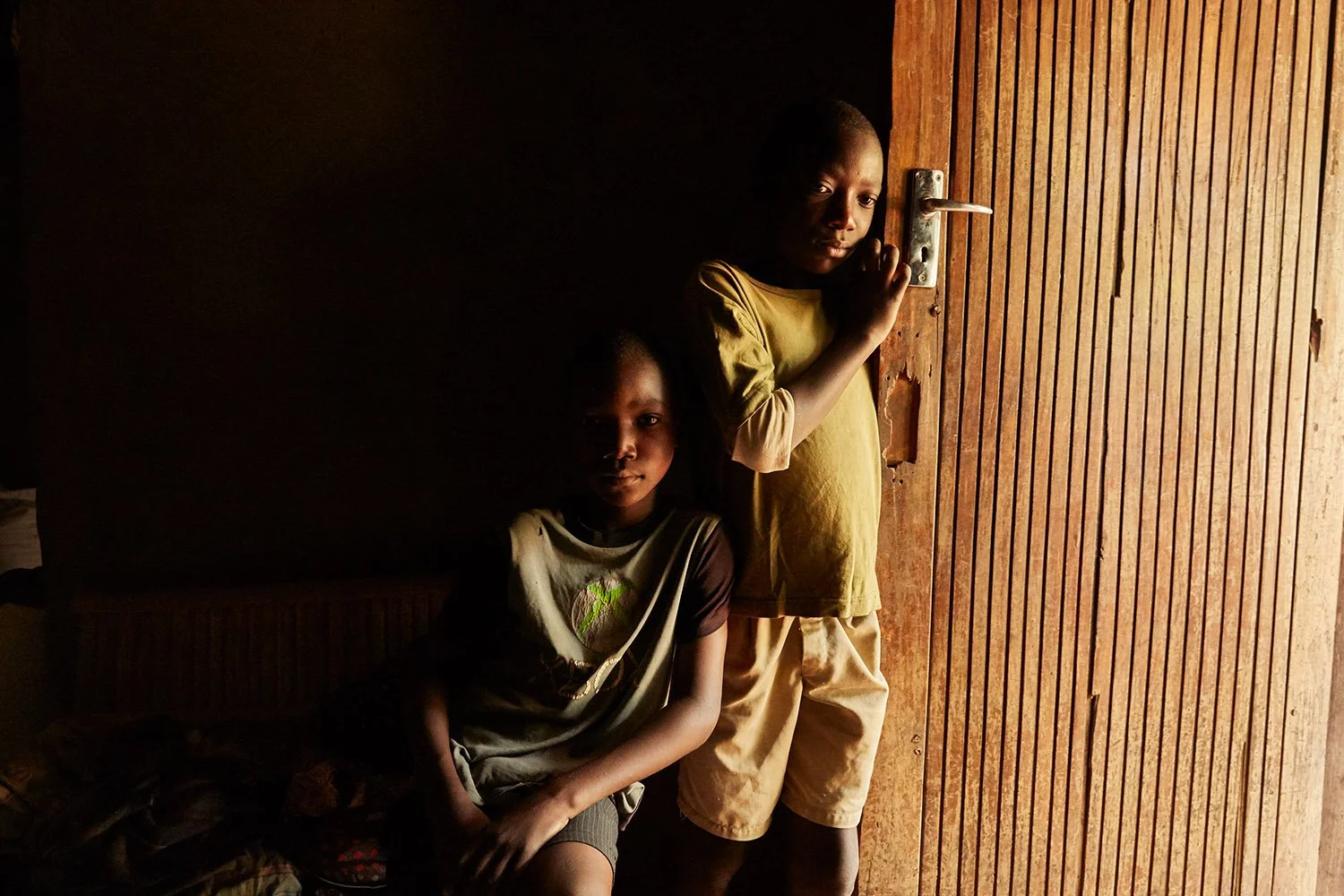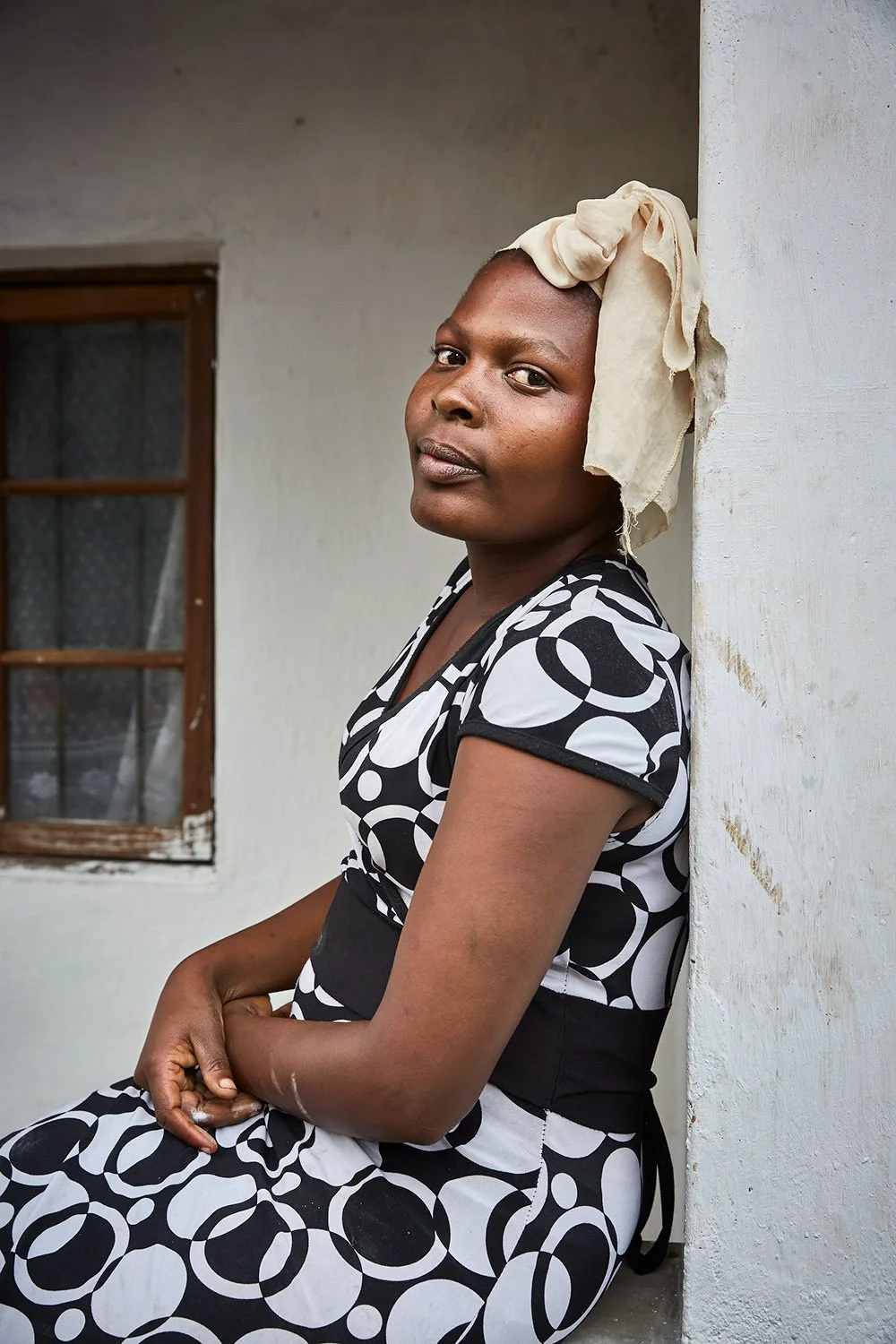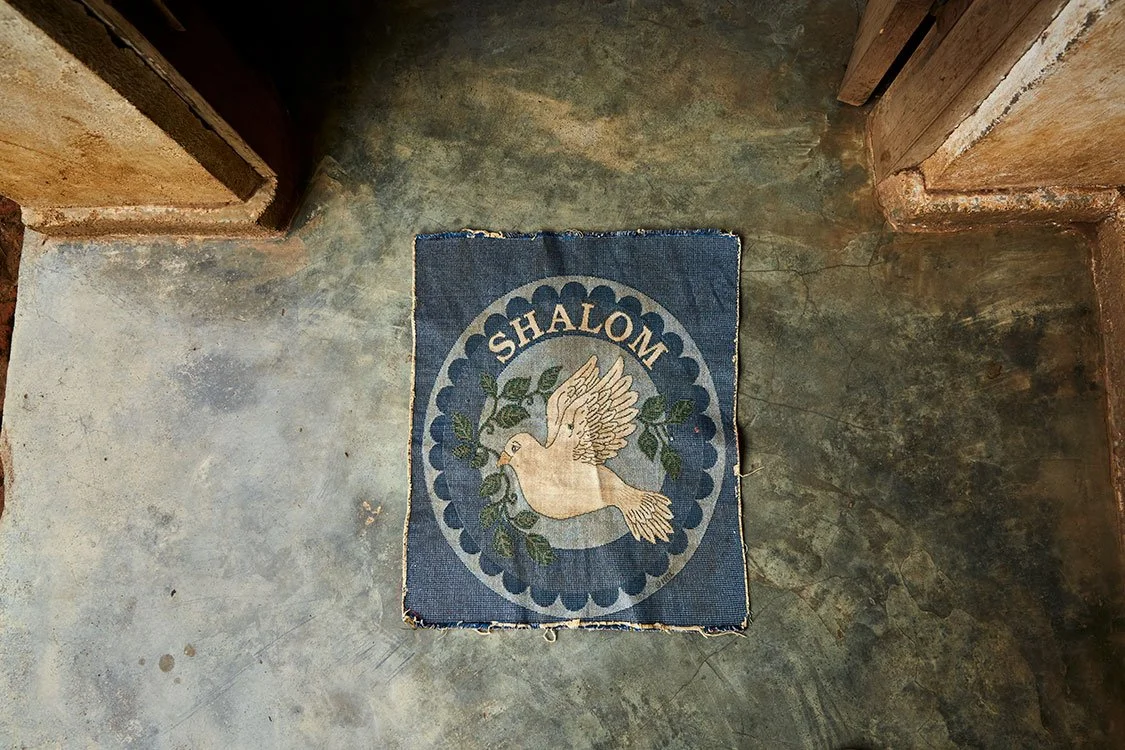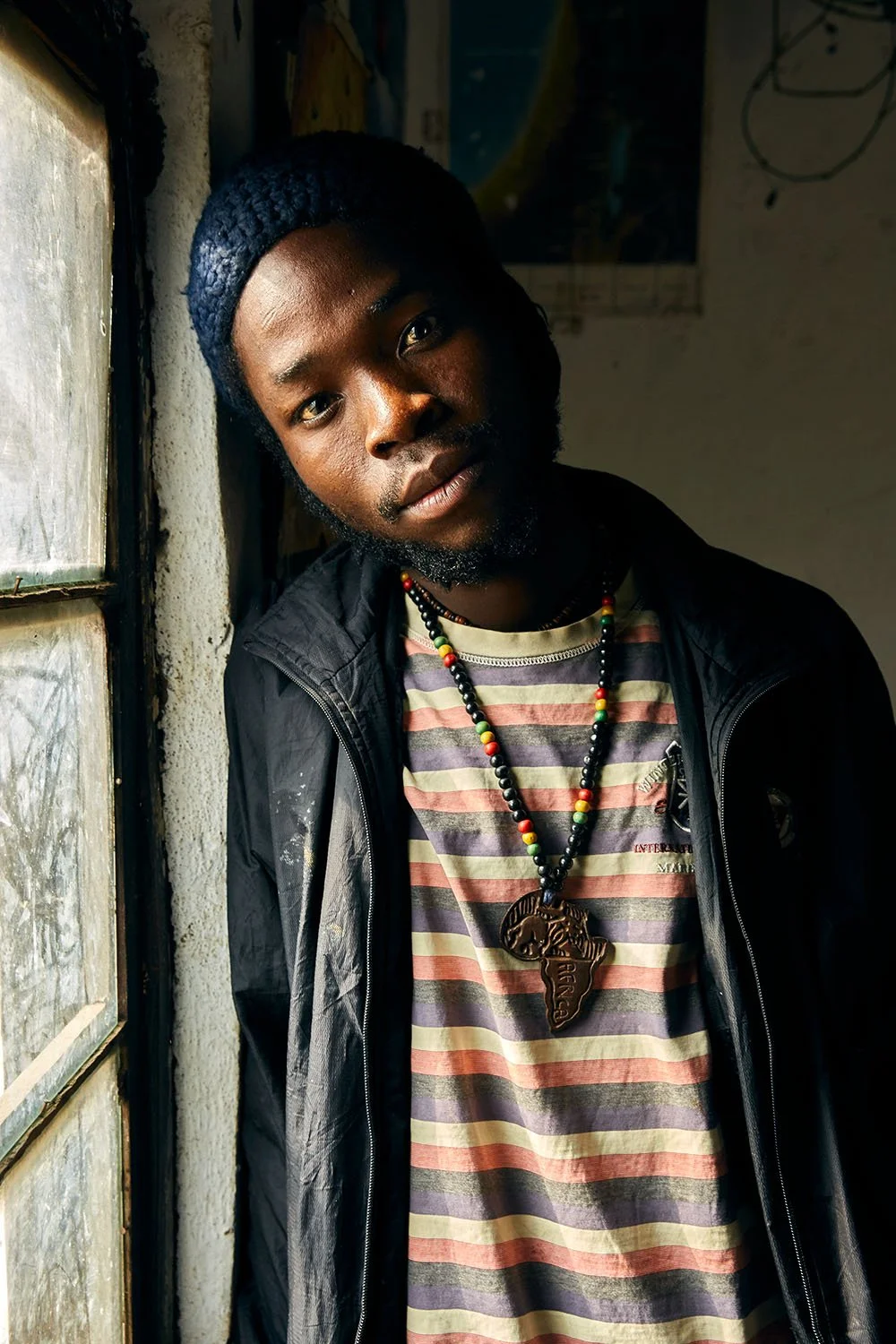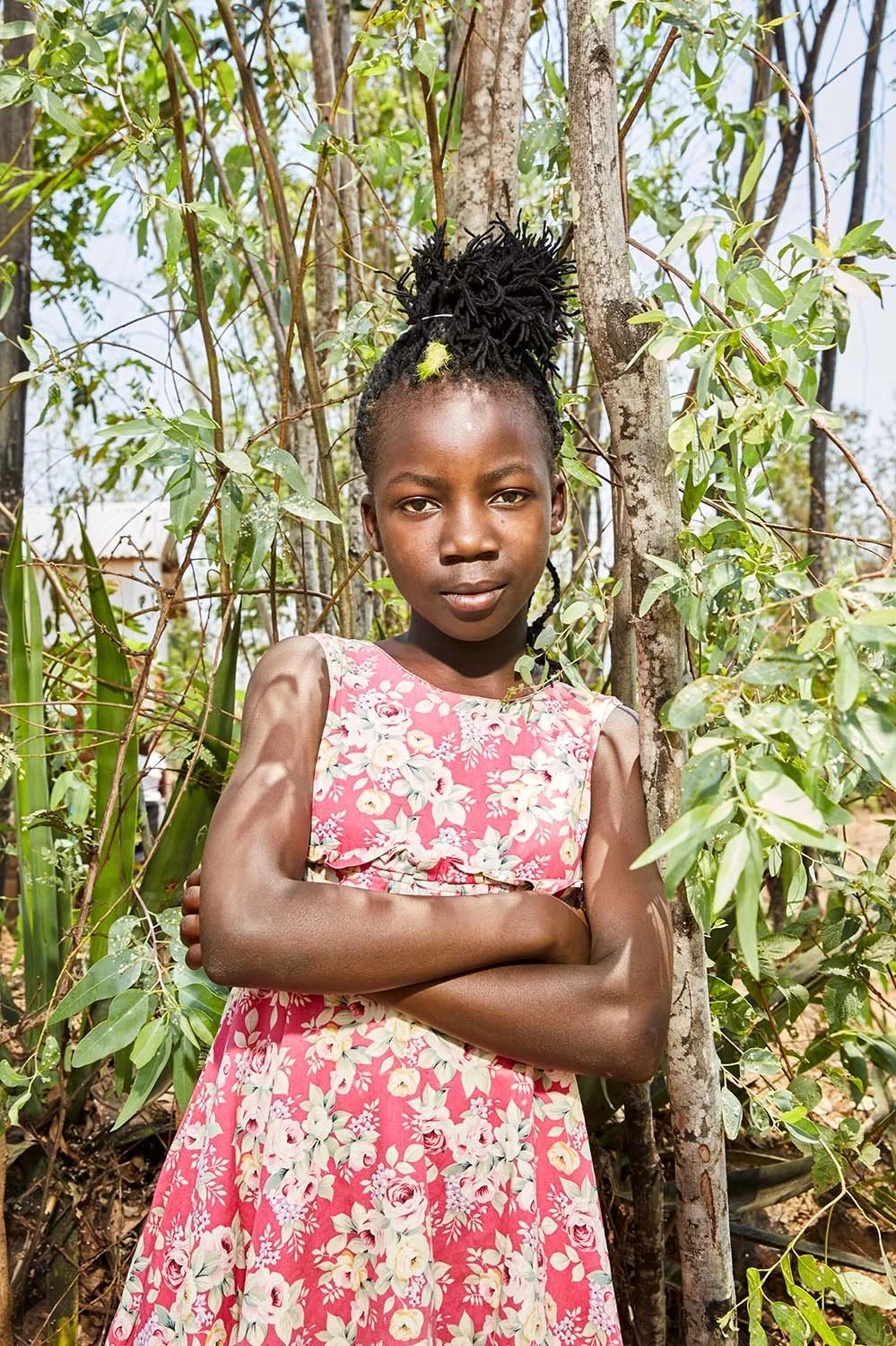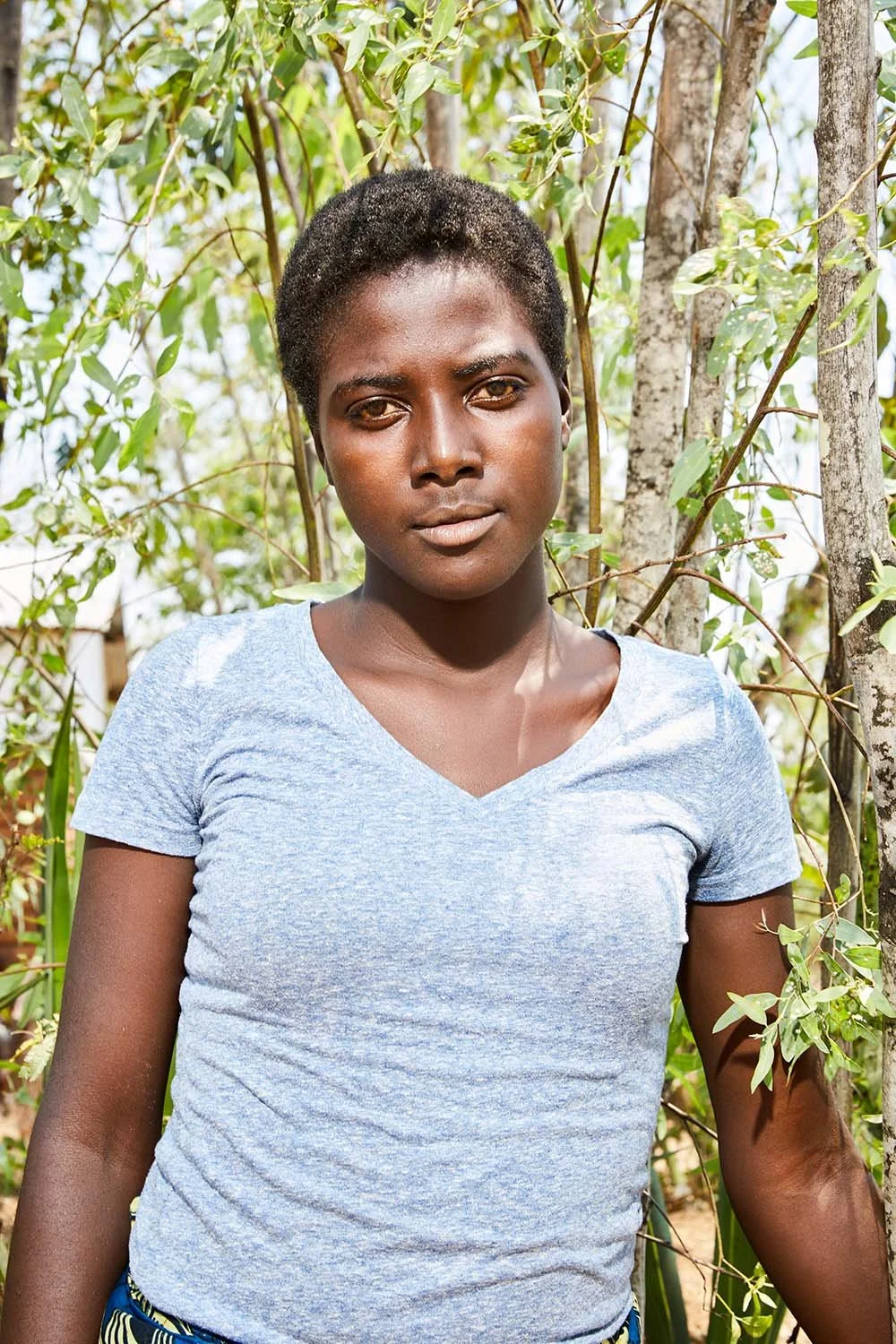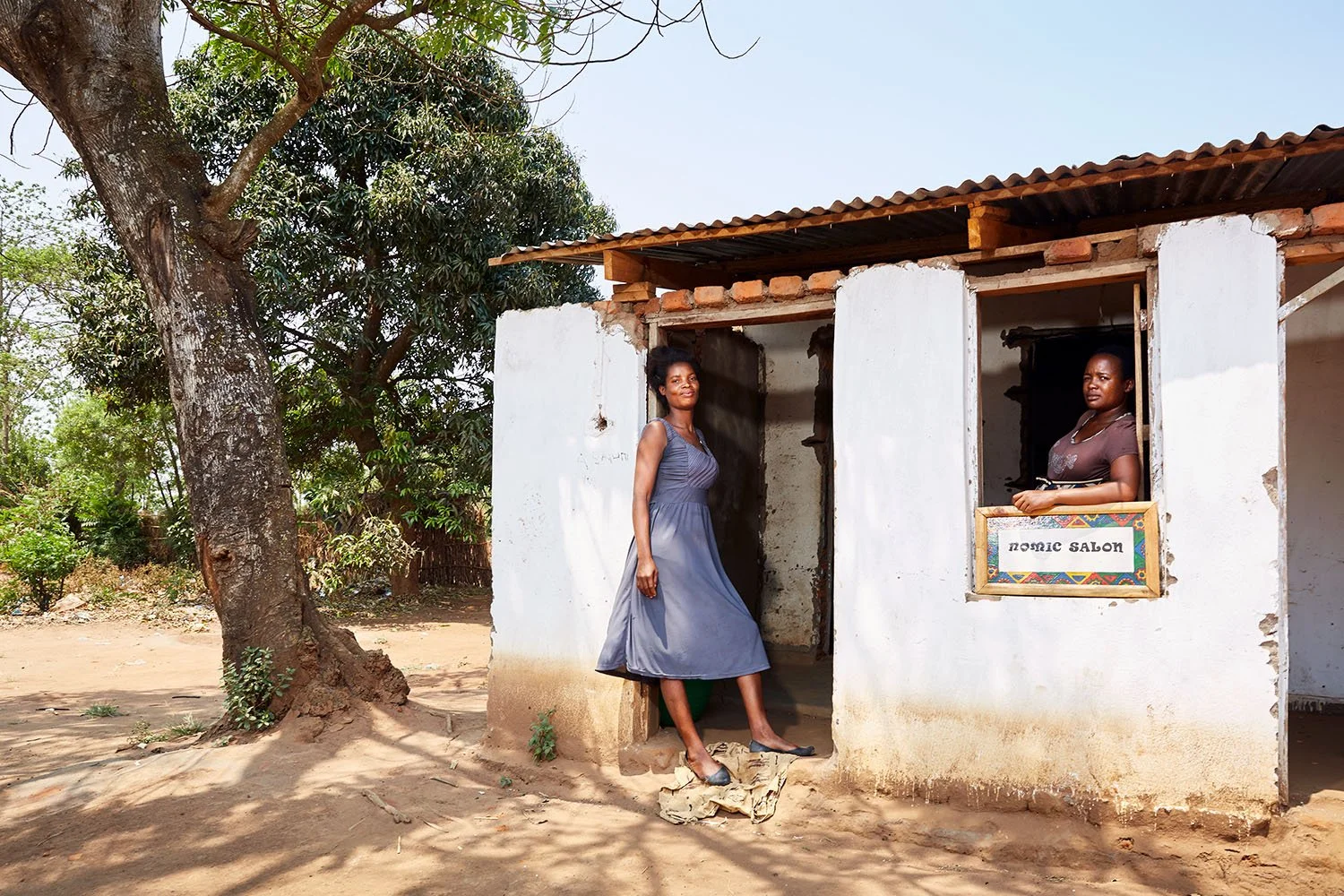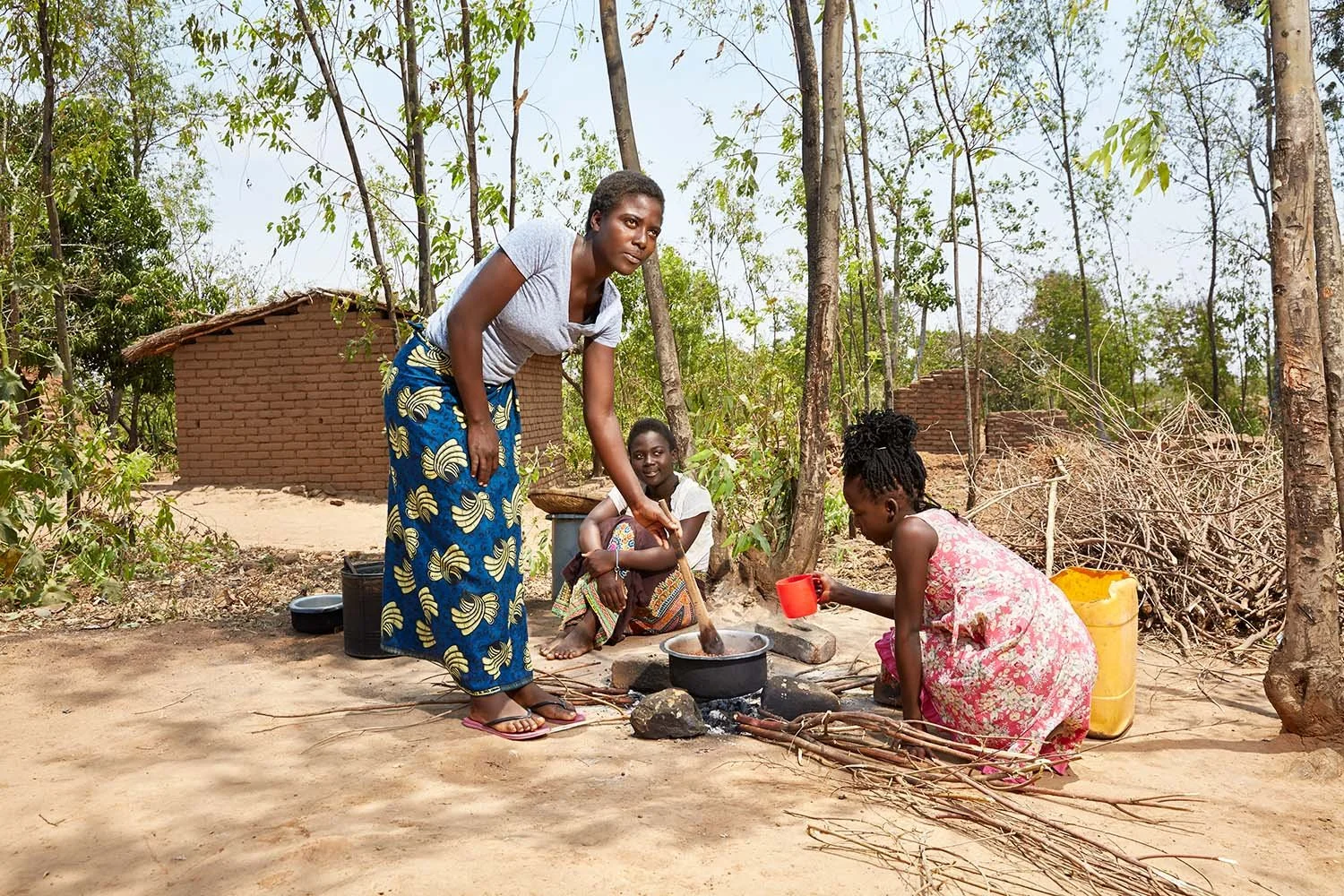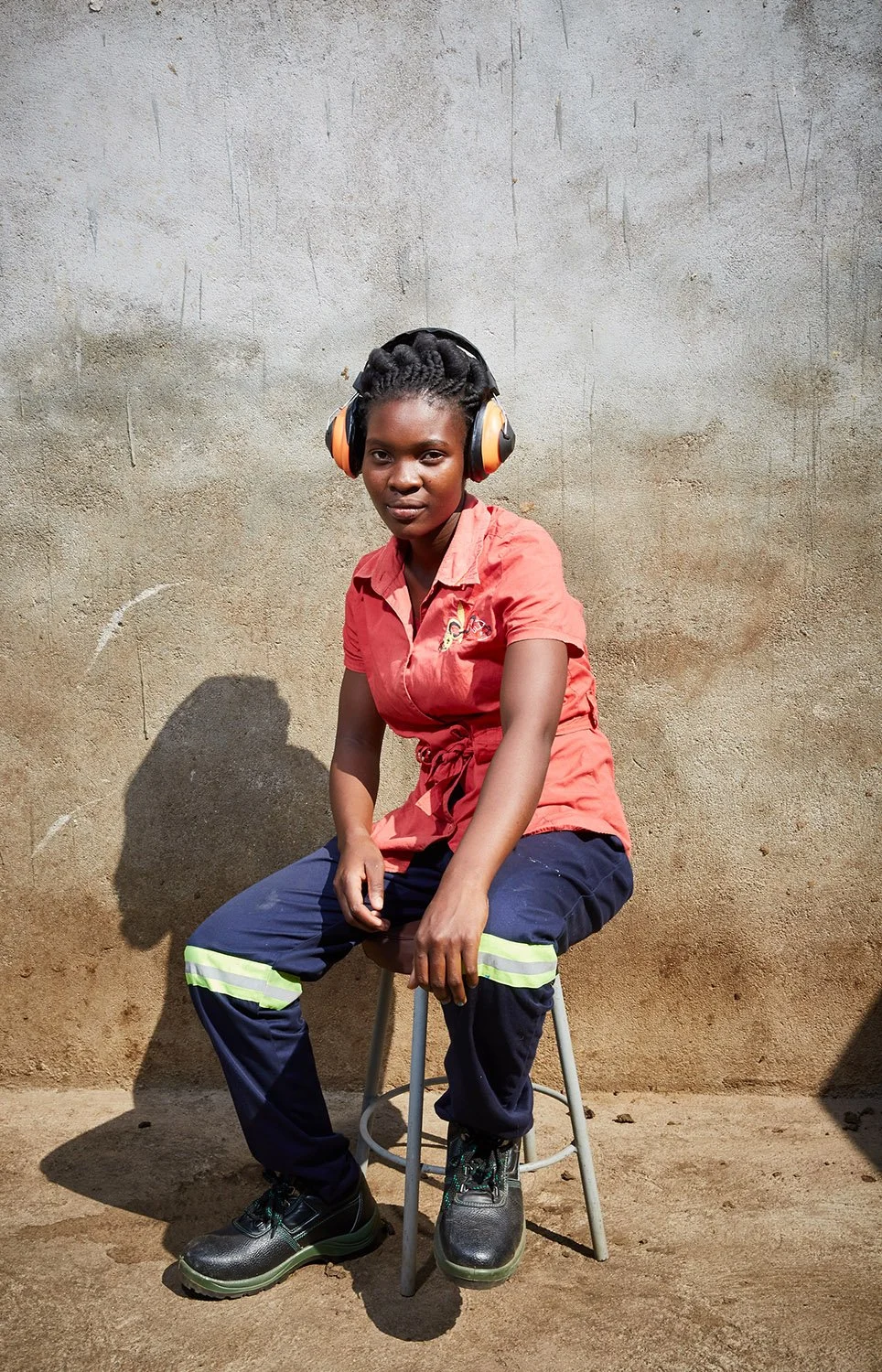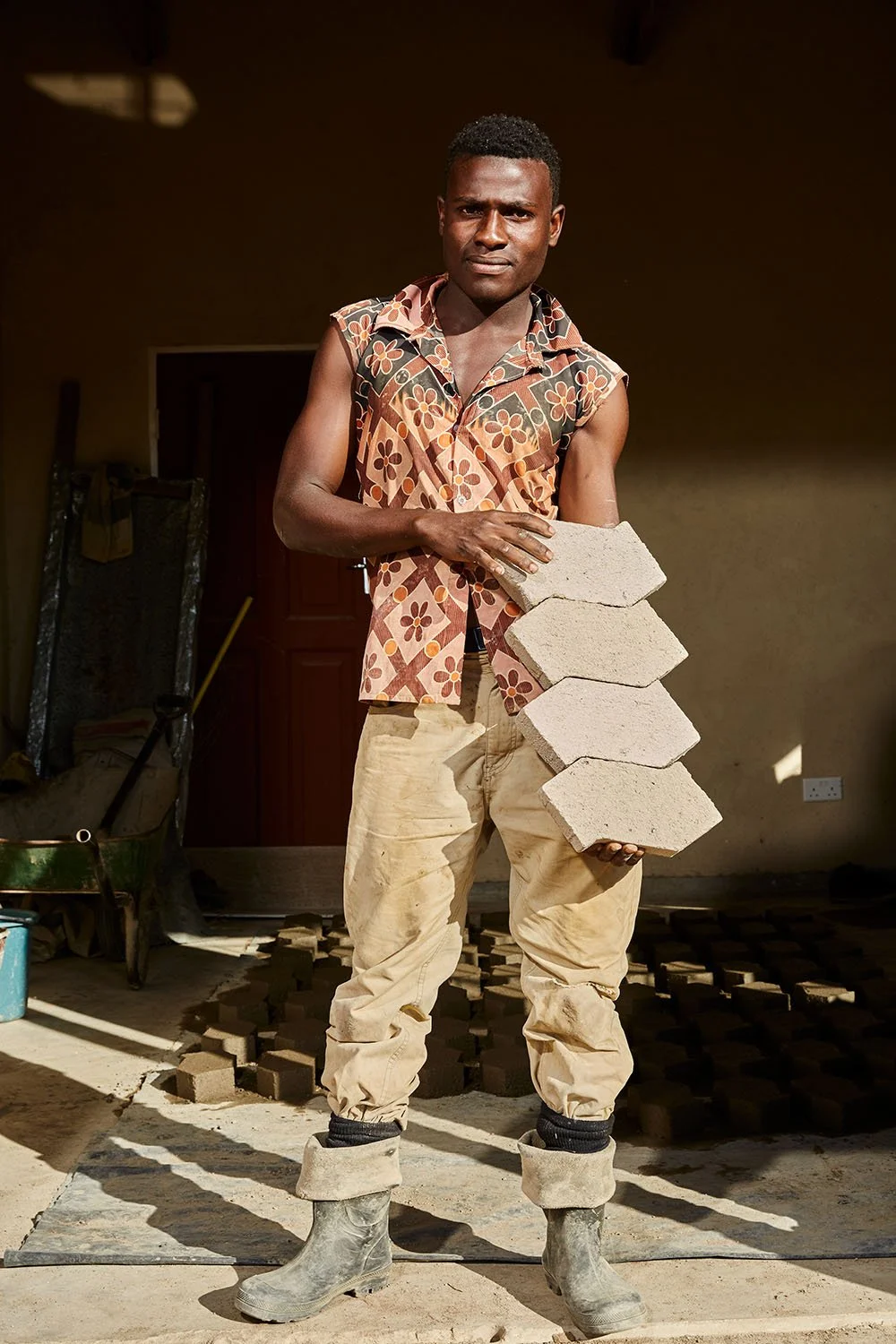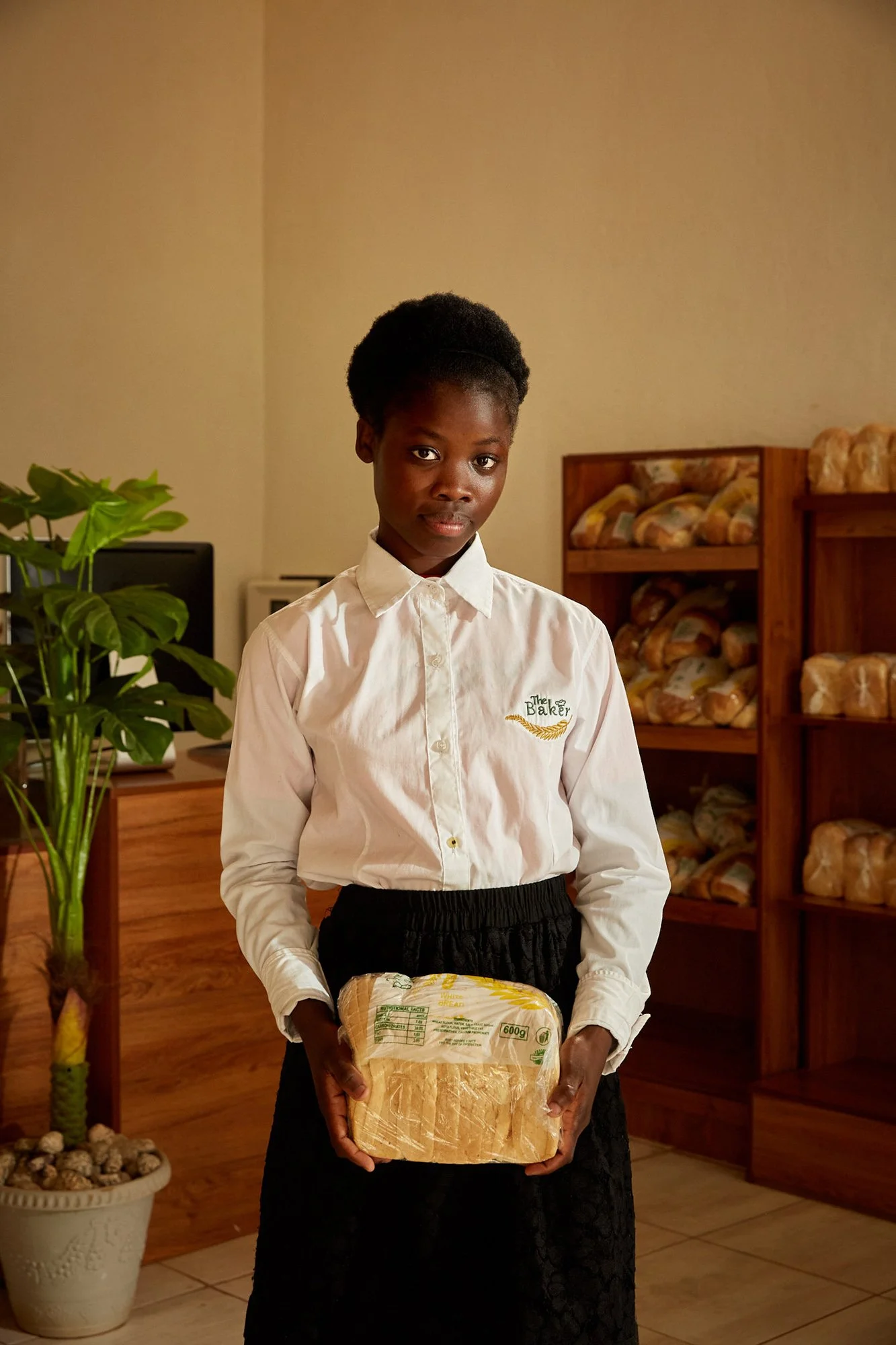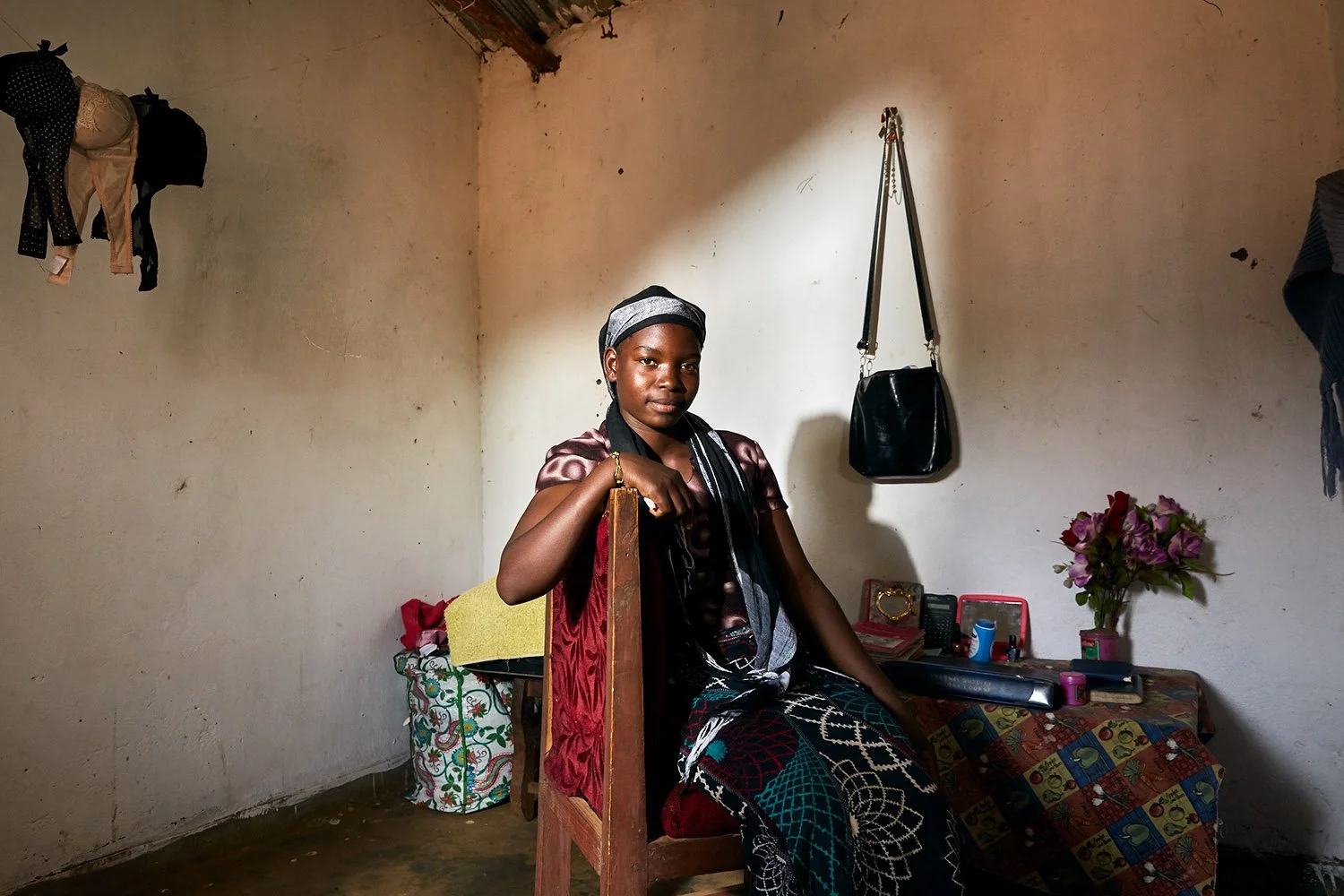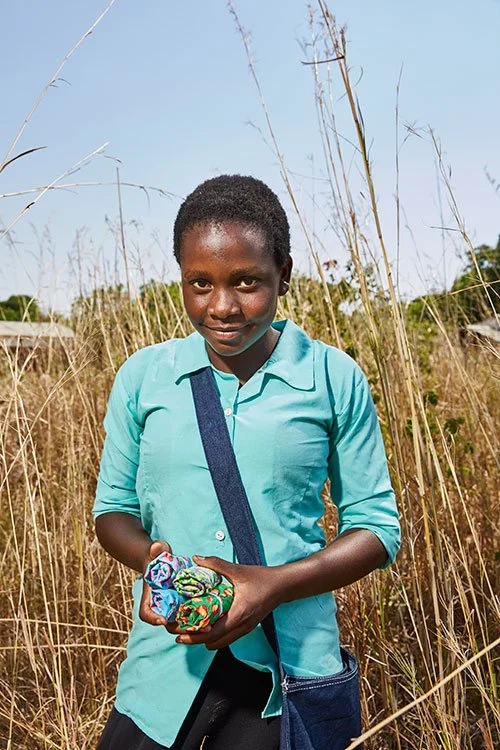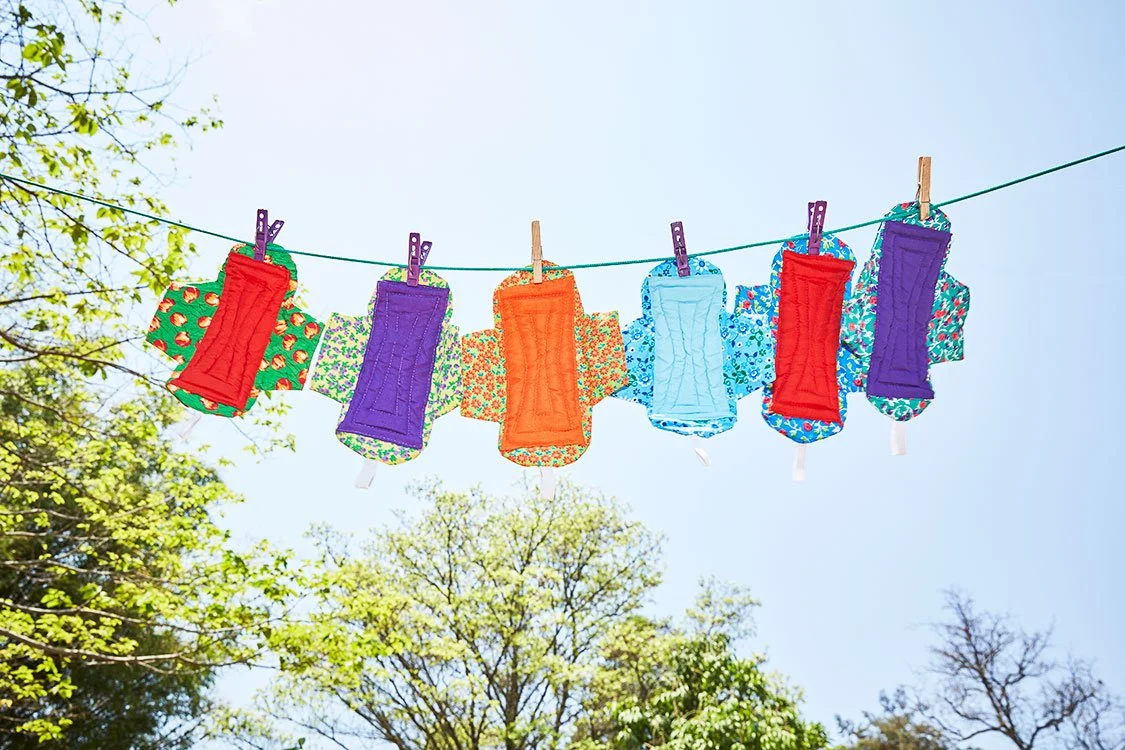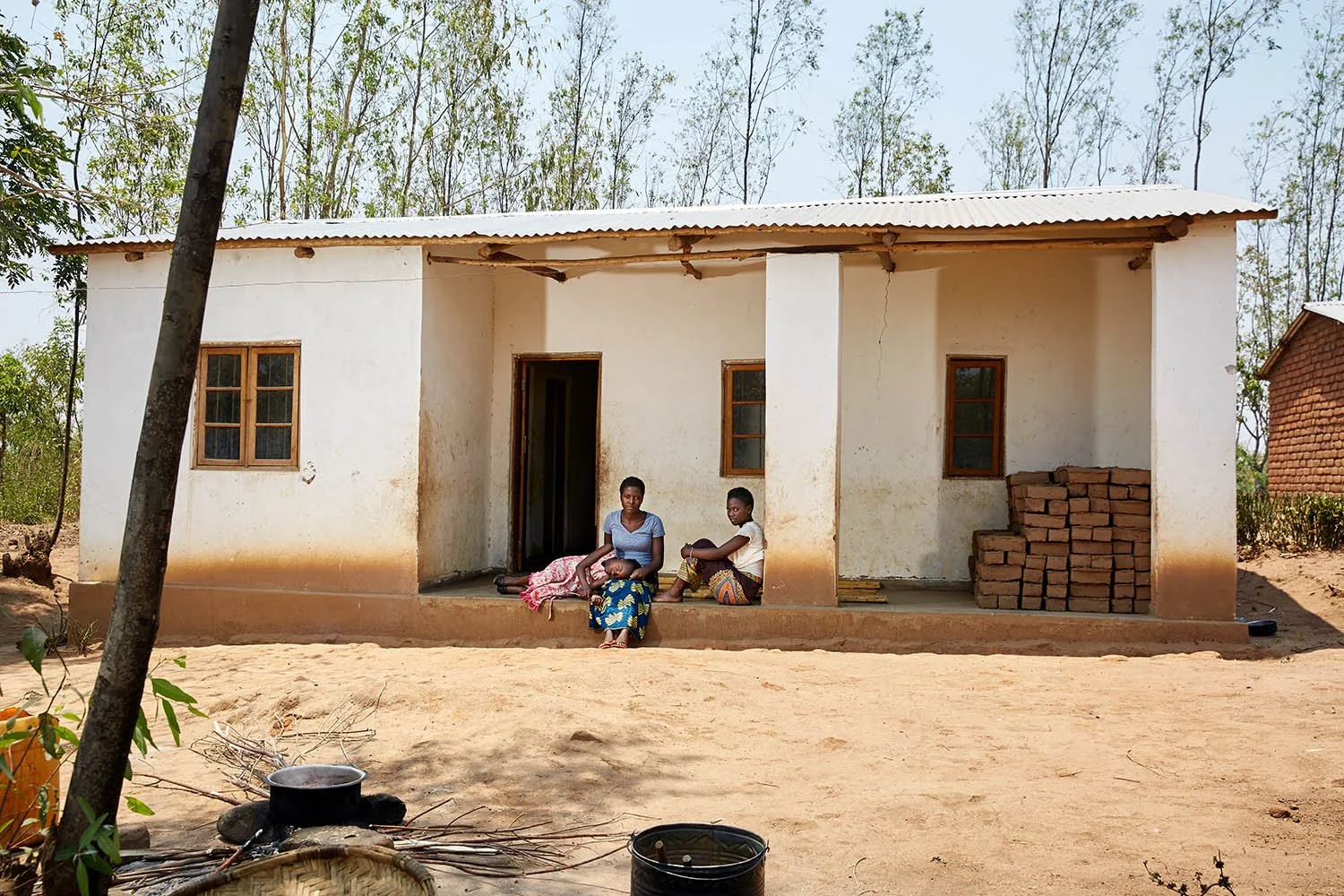
Children’s Fund of Malawi
Since 2016, I have worked with the Children’s Fund of Malawi, a local NGO near Luchenza, Malawi, to help raise their profile and document the issues they are addressing. My work has focused on the challenges of energy access in the country — where less than 10% of the population is connected to the national grid — and on grassroots solar initiatives that are transforming daily life. Even a few light bulbs can make the difference between a child being able to study after dark or not, and between small businesses surviving or closing.
I have also documented the Fund’s gowelo programme. In Malawian tradition, a gowelo is a small brick house built for a child at puberty, but for the country’s many orphans and vulnerable children this remains out of reach. Since 2012, the Children’s Fund of Malawi has built more than 70 gowelos, giving children who have lost parents to AIDS or poverty a stable place to live and the chance to start building independent lives.
Ben Chumba (10) carries a solar battery home, Chiuta village, Malawi, 2017.
Violet Napazi holds up the solar panel owned by her son, Luchenza, Malawi, 2017. Charging mobile phones is becoming a profitable business, especially since solar panels are becoming cheaper to buy and build. Until recently, Violet’s family used the solar panel to charge a battery which was then to used charge mobile phones.
Felix Wonga waits for the sun to appear from behind a cloud, Luchenza, Malawi, 2017. Customers pay up to 50 Kwatcha (7 cents) to charge their phones using the electricity generated by Felix’s solar panels. Felix is saving to buy a set of bigger panels that provide enough power to ensure a continuous supply of electricity.
Ben sits on his bed, lit by a light bulb which is powered by a solar battery, visible in the bottom right hand corner, Chuita village, Malawi, 2017.
Ben's brother Jan (12) looks up at the solar battery run light at his home, Luchenza, Malawi, 2017.
Jan and his brother Ben in the doorway of their home, Chiuta village, Malawi, 2017.
Jennifer outside her gowelo, Mulanje District, Malawi, 2017.
Door Mat, Mulanje District, Malawi, 2016.
Nicholas inside his gowelo, Mulanje District, Malawi, 2016.
Elisa, Mulanje District, Malawi, 2016.
Maureen, Mulanje District, Malawi, 2016.
Gertrude, Mulanje District, Malawi, 2016.
Esnat (left) & Memory, Green Malata entrepreneurs, Luchenza, Malawi, 2016.
Sisters Gertrude, Elisa and Maureen cook in the courtyard of their gowelo, Mulanje District, Malawi, 2016.
Linda, welding student, Green Malata, Luchenza, Malawi, 2018.
Peter, on the porch of his gowelo, Mulanje District, Malawi, 2016.
Alex sits in the bedroom of his gowelo that was damaged by a recent fire, Mulanje District, Malawi, 2016.
James sits on the porch of his gowelo, Mulanje District, Malawi, 2016.
Francisco inside his gowelo, Mulanje District, Malawi, 2016.
Philip, Green Malata entrepreneur, Luchenza, Malawi, 2017.
Doreen, Green Malata entrepeneur, Mulanje, Malawi, 2022.
Tamanda sits in her gowelo, Malawi, 2016. After her mother passed away in 2007, Tamanda was sent to a local orphanage, where she still lives. She rents out her gowelo in order to earn some extra income.
Cynthia, keyboard, Yoneco’s Children’s Band, Zomba, Malawi, 2018.
L-R: Agricultural workers Edith, Famous, Brighton, Mary and Maxwell, Luchenza, Malawi, 2020.
Blessings holds reusable sanitary pads, Luchenza, Malawi, 2016. “I always had to use cloth or something. When I had my period I was worried about going to school. I would stay at home. Now I can go to school and not worry.”.
Tamanda holds a reusable sanitary pad, Luchenza, Malawi, 2016. The pads are sold for 2,500MK (about $3.50) in “The School Girl Pack” (three pads and a pair of underwear), in and around Luchenza and Blantyre.
Reusable sanitary pads on washing line, Limbe, Malawi, 2016.
Memory, Deaf tailoring student, Green Malata, Malawi, 2020.
Bessie & Esther, Mulanje mountain, Malawi, 2022.
Esther, Deaf tailoring student, Green Malata, Malawi, 2020.

